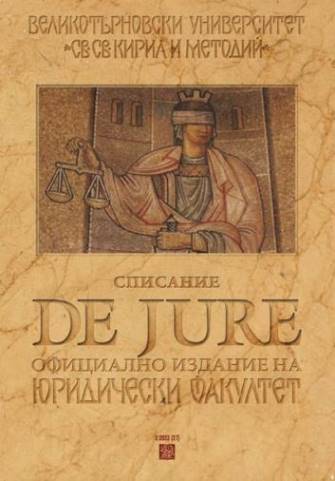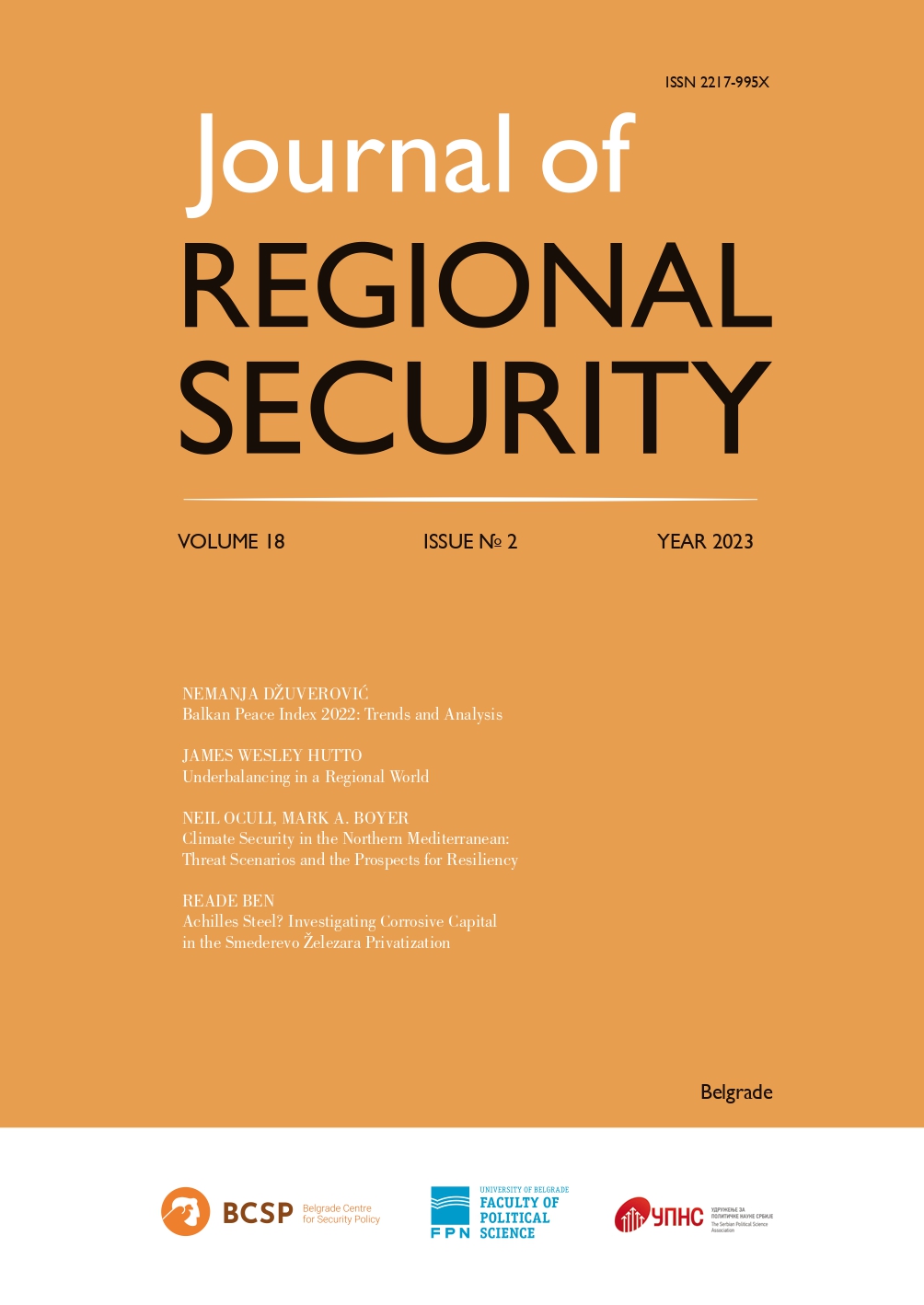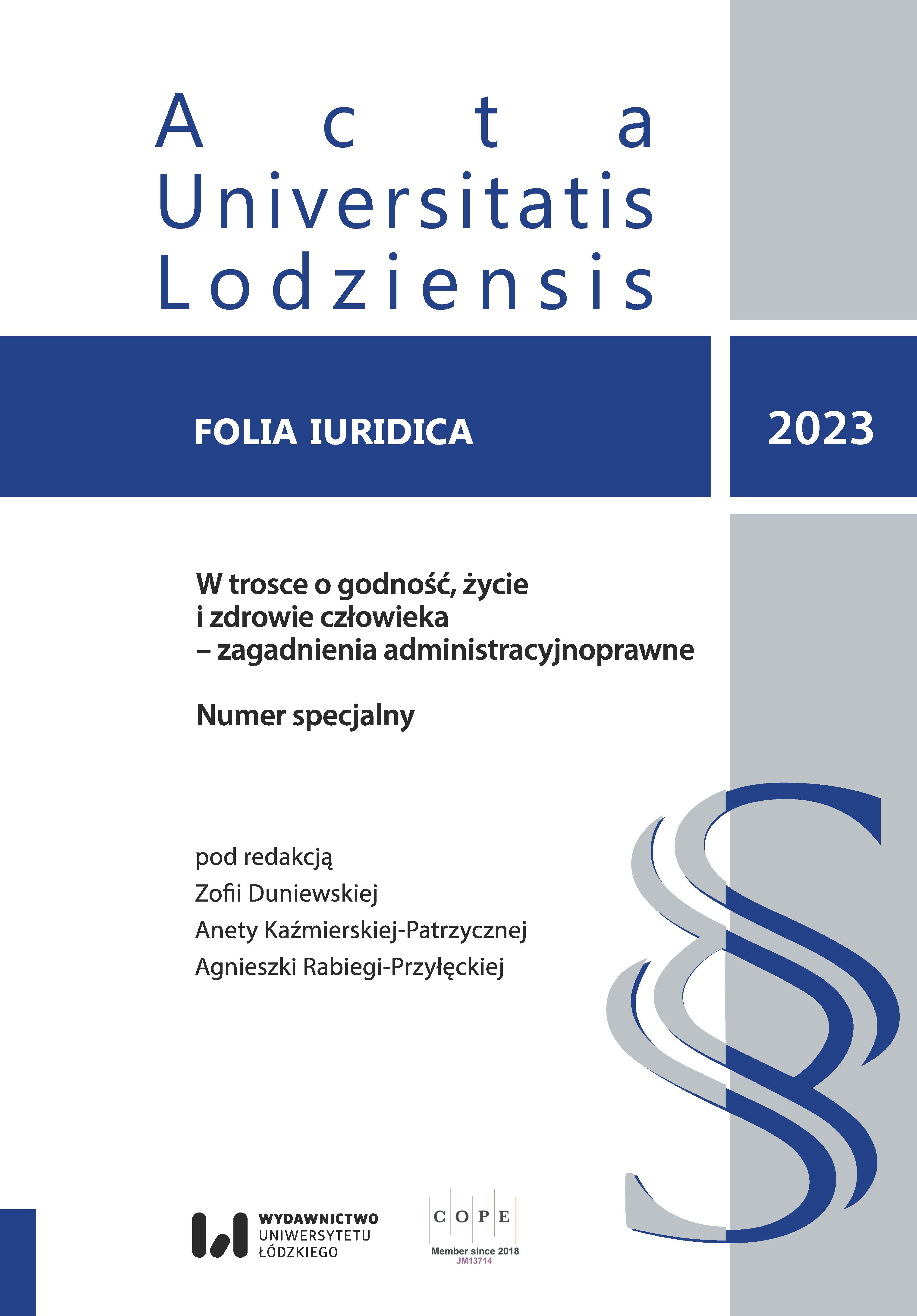
Административноправна защита на лицата, подаващи сигнали за нарушения на правото на Eвропейския съюз
This article presents the act that introduced into Bulgarian legislation Directive (EU) 2019/1937 of the European Parliament and of the Council of 23 October 2019 on the protection of persons who report breaches of European Union law. It provides a comparative analysis of the general administrative anticorruption proceedings in the Bulgarian Administrative Procedure Code and of the special administrative anticorruption proceedings in the Act on the Protection of Persons Reporting Information or Publicly Disclosing Information about Breaches.
More...

